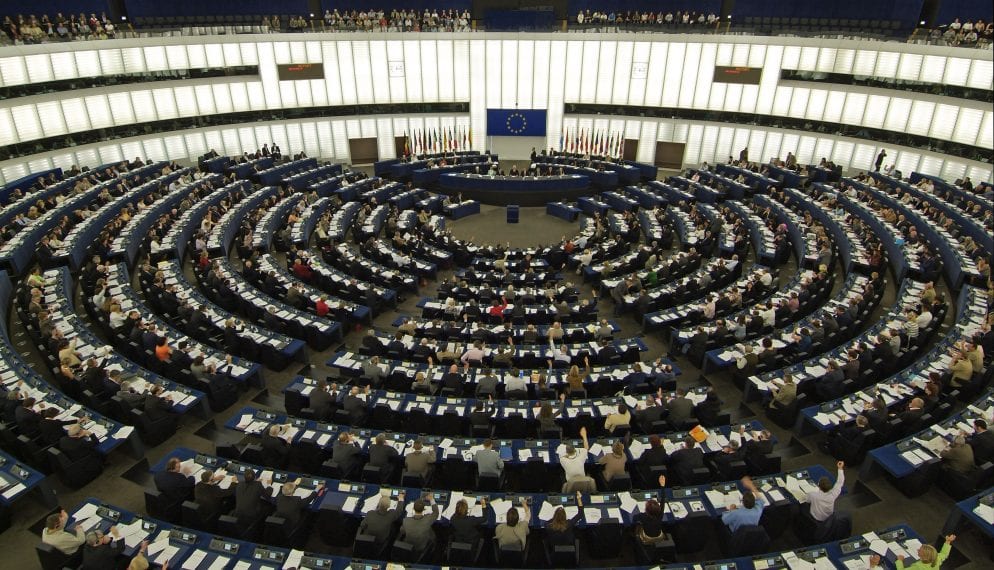
We stand for the defense of national constitutions
2021. 10. 13.
The Constitutional Court of Poland in its decision last week confirmed the primacy of national constitutions in the areas where EU does not have exclusive competence. László Trócsányi, MEP of Fidesz, former Justice of the Constitutional Court of Hungary declared: The Fidesz delegation to the European Parliament is concerned that the European institutions launched a political attack with regards to the decision of the Constitutional Court of Poland. He added: the basis of national constitutions are the sovereignty, democratic legitimacy and constitutional orders of Member States, which constrain the exercise of power by the European Union. The Polish Constitutional Court defended this principle in its recent decision with regards to the relation between national and Union law.
The MEP emphasized that “the Polish Constitutional Court does not challenge the primacy of EU law in all those areas where the EU has competence, however, it declares that the national constitution is at the top of the national legal system.”
The decision of the Polish Constitutional Court is part of the series of cases that are a reaction to conception whereby the EU institutions do not respect the principle of delegation that is recognized in the Founding Treaties. They are depriving Member States of the competences that the EU institutions are not delegated to exercise. This creeping extension of EU competences undermine the sovereignty, democratic legitimacy and constitutional order of Member States. It needs to be emphasized that the national constitutions of Member States allow the existence of the European Union and the application of the European law. Besides, the EU institutions are obliged to respect the Member States’ sovereignty and constitutional self-identity. For these reasons, beyond the institutions of the EU, the courts and constitutional courts of every Member State, in order to defend both their constitution and the European cooperation based on the Founding Treaties, has a right and a duty to examine whether the EU institutions act according to their competences.
“Additionally, with regards to the decision of the Polish Constitutional Court, we are concerned about the EU phenomenon that measure the old and new, Central-European Member States by different standards”, MEP László Trócsányi added. Today, a series of examples show that while Brussels wish to ex-cathedra lecture the Central-European countries, it is much more lenient with the regulation of Western-European countries. For example, the EU found that the regulation of Malta which authorizes the prime minister to refer the persons applying for judicial positions to the President is compatible with the principle of judicial independence. The Portugal regulation whereby the remuneration of judges were to be gradually decreased was also found to be in line with the principle of judicial independence. In contrast, in a case originated from Romania, the European Court of Justice was of the opinion that an erga omnes decision of the constitutional court can be sacrificed upon the altar of primacy of the EU law. Such a decision undermines the role of the constitutional courts to protect the constitution.
“We emphasize that the European integration is based on the sovereignty and equality of Member States. We consider the independence of judges and the judiciary as an important common value, however, the Member States cannot be deprived of their right to introduce judicial reforms with the aim to achieve a more efficient judiciary. It is always dangerous when the independence of the judiciary are considered in a political context, by double standard”, the MEP emphasized.
Background: The Polish Constitutional Court, based on the petition of the head of the government decided in its judgment in early October that certain provisions of the EU Treaties are not fully in line with the Constitution of Poland. The decision reacted to the Court of Justice of the European Union which found that by introducing judicial reforms, Poland violated the EU law. The EU institutions heavily criticized the decision of the Polish Constitutional Court.